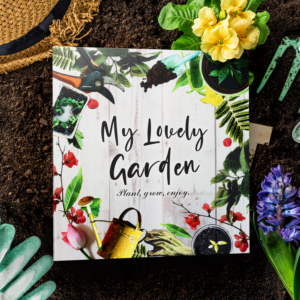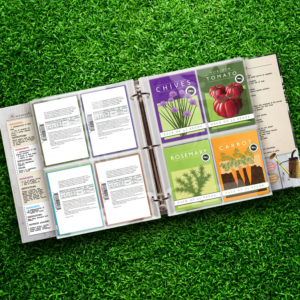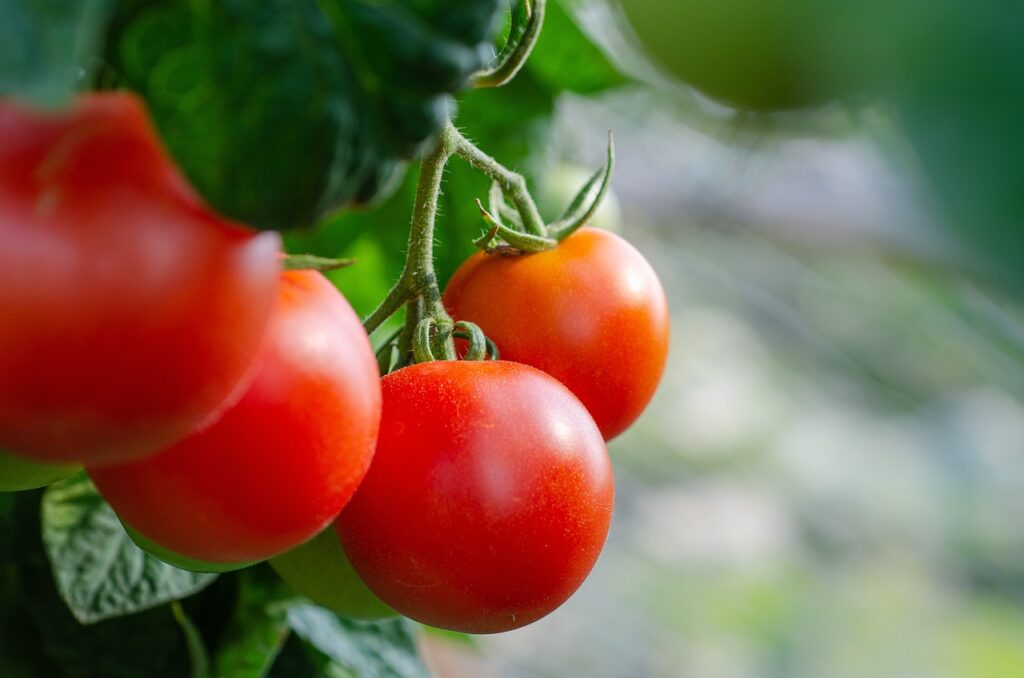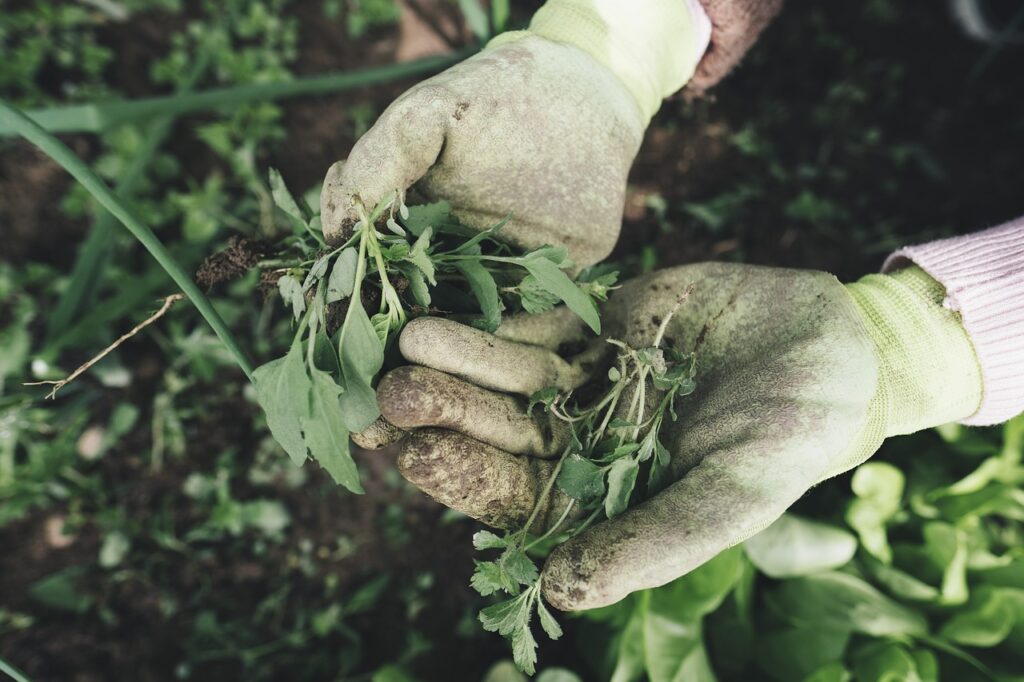As the days grow longer and the weather begins to warm up, many people start to think about gardening. Whether you’re a seasoned gardener or a newbie, the upcoming gardening season offers a wealth of opportunities to cultivate your green thumb and create a beautiful outdoor space. In this article, we’ll share some gardening tips to help you make the most of the upcoming season.

1. Plan your garden
Before you start planting, it’s a good idea to plan your garden. Consider the space you have available, the amount of sun and shade your garden receives, and the types of plants you want to grow. Take into account the soil type, drainage, and pH level of your garden bed. Make a rough sketch of your garden and decide where each plant will go. This will help you make the most of the space you have and ensure that your plants get the right amount of sun and water.
2. Choose the right plants
Choosing the right plants is crucial for a successful garden. Consider the climate in your area, as well as the amount of sunlight and water your garden receives. Make sure to choose plants that are well-suited to your garden’s conditions. Consider factors such as the size of the plant, how fast it grows, and how much maintenance it requires.

3. Prepare your soil
Healthy soil is essential for a successful garden. Before planting, prepare your soil by removing any weeds, rocks, or other debris. Add compost, manure, or other organic matter to improve the soil’s texture and nutrient content. Consider getting your soil tested to determine its pH level and nutrient content. This will help you choose the right fertilizers and soil amendments for your garden.
4. Water wisely
Proper watering is essential for the health of your plants. Water your garden regularly, but be careful not to overwater. Most plants need about one inch of water per week, but this can vary depending on the type of plant and the climate in your area. Water your plants in the morning or evening, when temperatures are cooler, to reduce water loss due to evaporation.
5. Control pests and diseases
Pests and diseases can wreak havoc on your garden if left unchecked. Keep an eye out for signs of pests or diseases, such as wilting, yellowing leaves, or chewed foliage. Use organic pest control methods, such as hand-picking pests, applying insecticidal soap or neem oil, or using natural predators like ladybugs. If a plant becomes diseased, remove it from the garden immediately to prevent the spread of the disease to other plants.

6. Harvest regularly
Regular harvesting is important for the health of your plants and the quality of your produce. Harvest your crops when they are ripe to encourage new growth and prevent the plant from going to seed. Harvesting also ensures that you get the best flavor and texture from your produce.
In conclusion, the upcoming gardening season offers a wealth of opportunities to cultivate your green thumb and create a beautiful outdoor space. By following these tips and planning out everything well, you can make the most of your garden and enjoy the fruits of your labor. Our gardening binder helps you to plan out every bits of your garden, includes more tips about gardening, for example how to avoid pests and how to maximize your garden. Our Moon Calendar helps to plan gardening via moon phases and our protective sleeves help to organize and storage all your seeds. Happy gardening!

